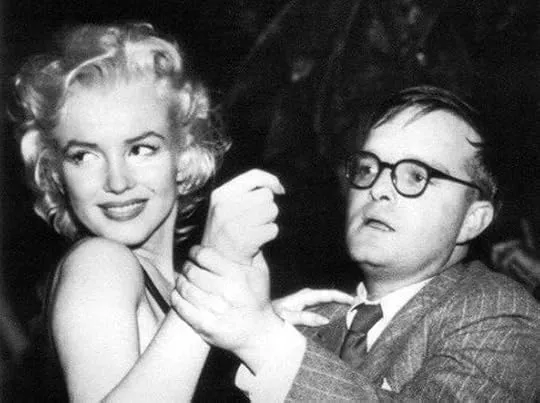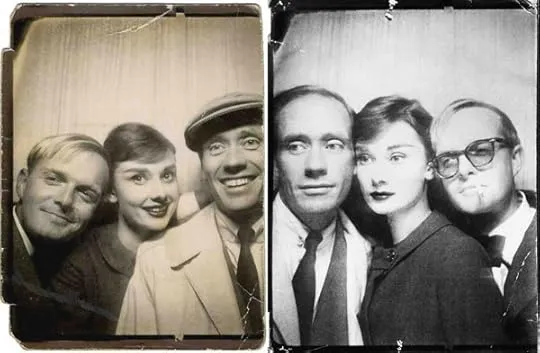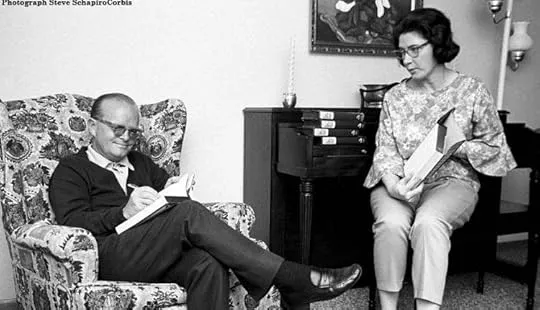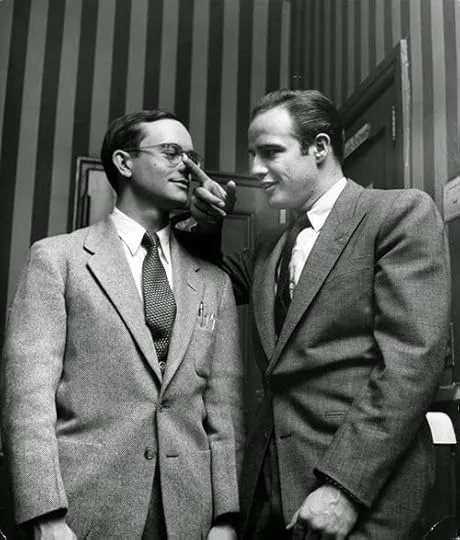There’s a unique magic to genuine literary artistry, a power that makes your senses float in a universe of wonder. How did they do it? How was it possible? This profound feeling often arises when immersing oneself in the works of Truman Capote, one of the 20th century’s most celebrated authors. His collection of non-fiction writings, aptly titled “The Dogs Bark,” stands as a testament to his extraordinary talent for observing, dissecting, and illuminating the complex tapestry of human experience, particularly the fascinating interplay between public personas and their private realities.
Truman Capote was, by all accounts, an insatiably curious individual, never shying away from a journey, an encounter, a new acquaintance, or an experience. His life was a vibrant canvas, painted with travels to cities, islands, countries, and archaeological ruins, always chasing movements and currents, listening to voices—other voices in other rooms. He immersed himself completely in his era, not merely chronicling it but living it fully, meeting, frequenting, interviewing, and conversing with many of the twentieth century’s most influential figures. This direct engagement provided the rich fodder for his acclaimed essays and profiles, many of which are compiled in “The Dogs Bark,” offering readers an unparalleled window into an age of giants.
 Truman Capote dancing with Marilyn Monroe, a celebrated public figure often featured in his non-fiction works like "The Dogs Bark."
Truman Capote dancing with Marilyn Monroe, a celebrated public figure often featured in his non-fiction works like "The Dogs Bark."
His interactions often led to literary gems, such as the dedicated piece on Karen Blixen, known by her pseudonym Isak Dinesen, or the fascinating anecdote involving André Gide and Jean Cocteau culminating in an unforgettable scene in a Sicilian village. One of his most famous journalistic endeavors was a lengthy interview with Marlon Brando on a film set in Japan, a conversation that brilliantly encapsulates Capote’s unique approach to his craft. He once famously quipped: “The secret of the art of interviewing – and it is an art – is to make the other person think that they are interviewing you.” Brando, with his characteristic candor, later remarked of that encounter: “That little bastard spent half the evening telling me all his problems. I figured the least I could do was tell him some of mine.” This exchange perfectly illustrates Capote’s subtle genius: his ability to disarm subjects, encouraging them to reveal their innermost thoughts and vulnerabilities, often without them even realizing the depth of their disclosure.
 Truman Capote sharing a light moment in a photo booth with Audrey Hepburn and Mel Ferrer, reflecting his wide social circle and access to celebrity lives for his essays and profiles.
Truman Capote sharing a light moment in a photo booth with Audrey Hepburn and Mel Ferrer, reflecting his wide social circle and access to celebrity lives for his essays and profiles.
“The Dogs Bark” brings together Capote’s various forms of non-fiction, encompassing society reporting, investigative journalism, personal diaries, and confessions. It is in this collection that we see gossip elevated to an art form, and art constructed from the raw material of gossip. Capote had a profound understanding that truth is often more nuanced than mere fact, stating: “Everything you read here is real, which doesn’t mean it’s the truth, but it is as far as I can ascertain it.” This philosophy underpins the entire collection, inviting readers to question perceptions and delve deeper into the layers of reality. His intelligence and sensitivity allowed him to navigate the complex lives of his subjects, revealing their essence without judgment, always seeking the “true truth” that lay beneath the surface.
 Truman Capote with his childhood friend and fellow author Harper Lee, symbolizing the personal connections that often influenced his insightful observations found in works such as "The Dogs Bark."
Truman Capote with his childhood friend and fellow author Harper Lee, symbolizing the personal connections that often influenced his insightful observations found in works such as "The Dogs Bark."
The essays within “The Dogs Bark” serve as a compelling demonstration of his belief that “Reflected reality is the essence of reality, true truth.” Whether he was profiling Hollywood stars, delving into the lives of European literati, or chronicling personal adventures, Capote always brought a piercing insight and an unparalleled literary style. He meticulously crafted his narratives, blending factual reporting with atmospheric detail and psychological depth, making each piece resonate with authenticity. This collection showcases his versatility and his unwavering commitment to portraying the world as he saw it, often through the eyes of those who shaped its public face. His observations were not merely superficial; they were deeply empathetic, often revealing the isolation and vulnerability that lay beneath the glamorous exteriors of his famous subjects. This ability to capture the human condition, whether in a star’s dressing room or a secluded Sicilian village, is what makes reading “The Dogs Bark Truman Capote” an enduring and enriching experience. [internal_links]
 Truman Capote engaging in conversation with actor Marlon Brando, illustrating Capote's renowned interviewing prowess and ability to extract profound insights for his non-fiction writings, including essays that comprise "The Dogs Bark."
Truman Capote engaging in conversation with actor Marlon Brando, illustrating Capote's renowned interviewing prowess and ability to extract profound insights for his non-fiction writings, including essays that comprise "The Dogs Bark."
Truman Capote’s legacy is immense, not just for his groundbreaking fiction like “In Cold Blood” and “Breakfast at Tiffany’s,” but for his equally significant contributions to non-fiction and literary journalism. “The Dogs Bark” offers a comprehensive look at his unique genius as an observer and chronicler of the human condition. It reminds us of his profound insight into the mechanics of celebrity, the nature of truth, and the endless fascination of people. To read Capote is to witness a master at work, someone who understood the subtle interplay between external presentation and internal reality. We are truly grateful for the enduring brilliance of Capote’s work and the rich insights provided by “The Dogs Bark.” Explore more about literary giants and their fascinating lives in our other features!
References
- Capote, Truman. The Dogs Bark: Public People and Private Places. Random House, 1976.
- Clarke, Gerald. Capote: A Biography. Simon & Schuster, 1988.
- Plimpton, George. Truman Capote: In Which Various Friends, Enemies, Acquaintances, and Detractors Recall His Turbulent Career. Nan A. Talese, 1997.
